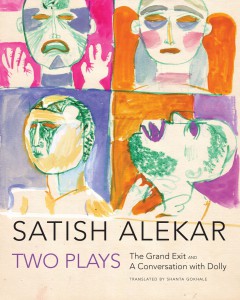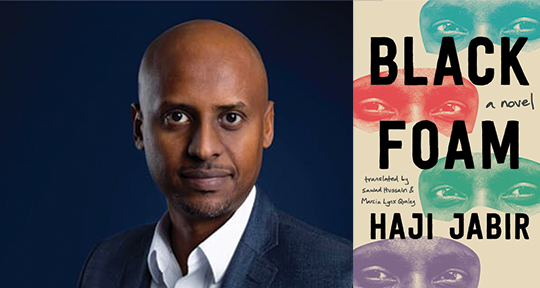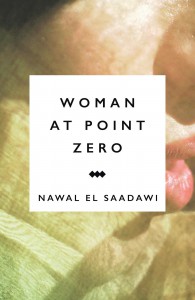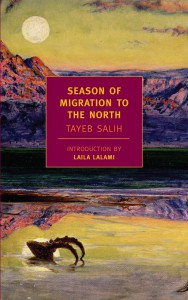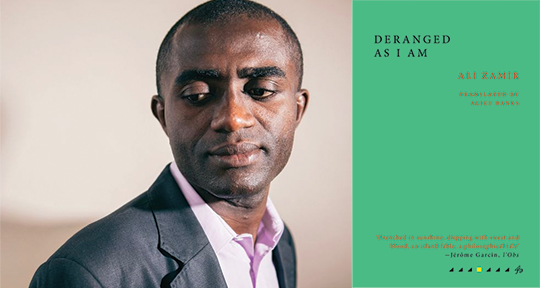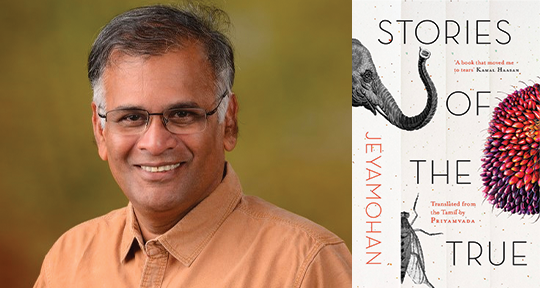The future is in translation! Catch up on global literary news as our editors report on major international award winners, breakthrough publications, and exhibitions fusing poetry with visual art.
Areeb Ahmad, Editor-at-Large, reporting from India
On April 9, Madhu Sriwastav was announced as the winner of the 2023 Muse India’s GSP Rao Translation Award for her work on Post Box 203 Nala Sopara by Chitra Mudgal, translated from the Hindi. Three other translators on the shortlist also received the jury’s commendation: Priyamvada R for her translation of Jeyamohan’s Stories of the True from the Tamil; Sridhar M and Alladi Uma for their translation of Telugu: The Best Stories of Our Times, edited by Volga; as well as Ratan Kumar Chattopadhyay for his translation of Manik Bandyopadhyay’s The Puppet’s Tale from the Bengali.
In other book prize news, the jury of the 2024 JCB Prize for Indian Literature was recently announced. Chaired by writer and translator Jerry Pinto, the other members include art historian and curator Deepthi Sasidharan; filmmaker and writer Shaunak Sen; scholar and translator Tridip Suhrud; and the artist Aqui Thami. The prize is currently open for entries, with the shortlist, the longlist, and the winner announced in September, October, and November respectively. Since the prize began in 2018, five out of six winners have been books in translation, with three out of those five being originally written in Malayalam. READ MORE…




